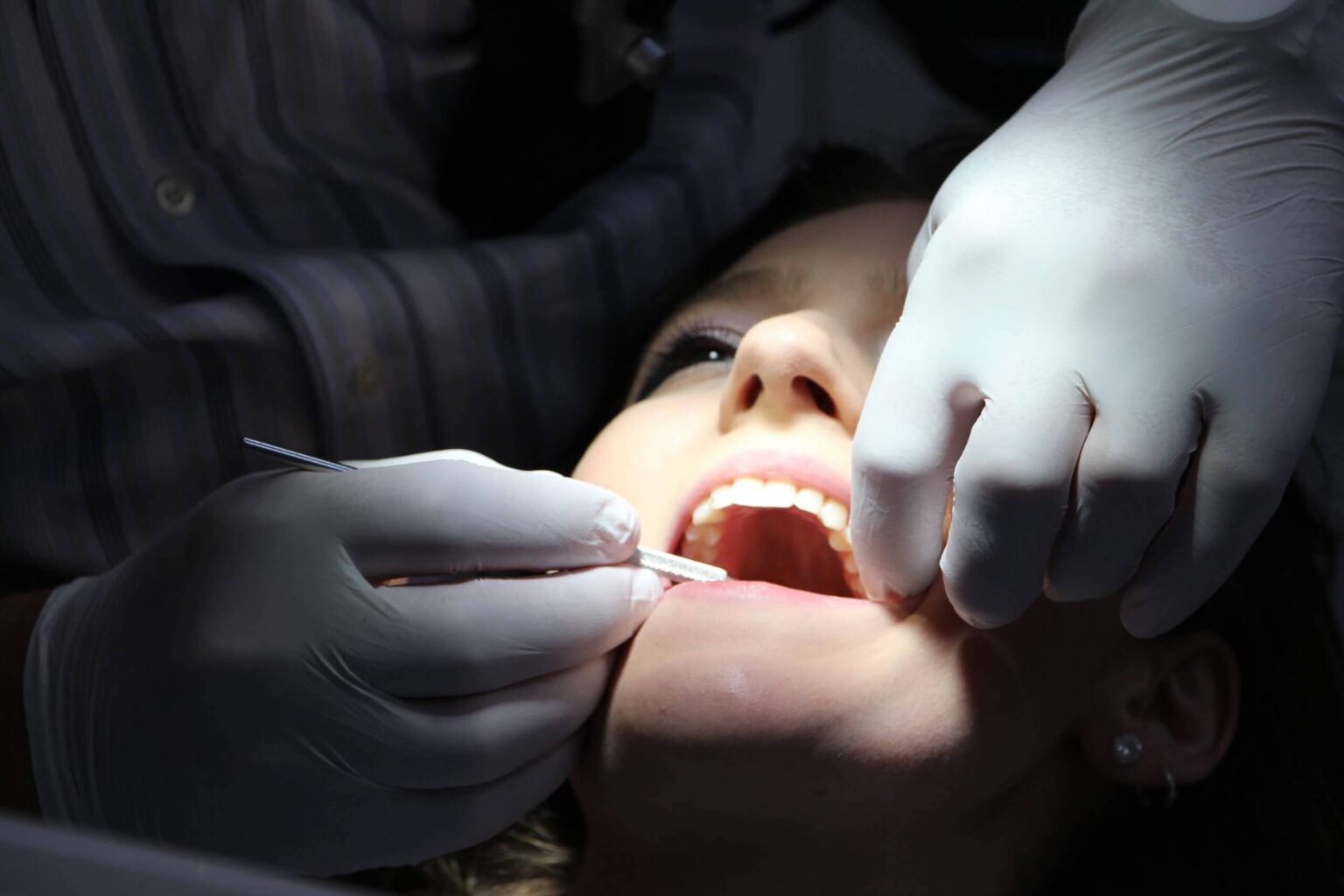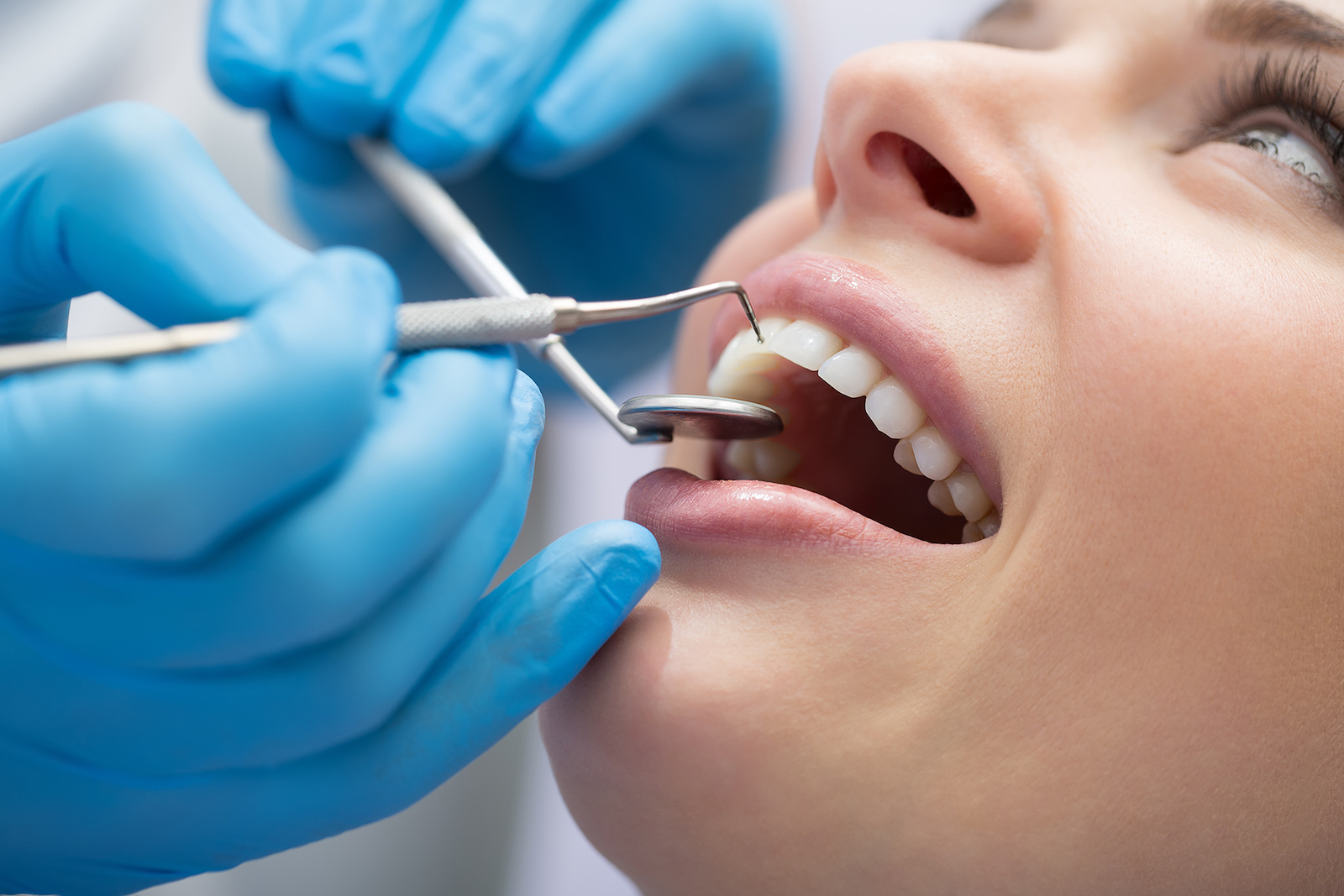
How to Avoid Paying a High Price for Dental Treatment
The cost of dental care can quickly empty your wallet. Emergency treatment in particular has the potential to be a big blow to your finances. Yet, keeping control over your expenses when accessing dental care needn’t be an ordeal, if you know what you’re doing.
Of course, the quality of service is more important than the cost of dentistry. So, it’s just as necessary to be aware of the known obstacles and what mistakes to avoid when seeking dental care.

Dental care: common complaints
There are a variety of reasons why you may not be satisfied with dental service. Testimonials gathered on online reviews sites for dental care companies such as Affordable Dentures, Instasmile, Heartland Dental, and Kool Smiles, go some way towards collating the most frequent issues encountered by consumers, and can serve as a good guideline to what issues you should be wary of.
For example, 4515 Aspen Dental reviews written by customers on PissedConsumer.com, suggest very poor overall customer satisfaction. Frequently referred to complaints include overcharging, poor quality dental work, and a lack of professionalism.
Testimonials range from minor administrative errors to disastrous procedures, so it’s crucial when looking to save on initial outlay to consider the potential for spiraling costs to correct poor treatment.

How to cut the cost of dental treatment
The majority of dental work is preventative. Hence, cleanings, checkups and examinations are carried out on a scheduled basis and can therefore be planned and budgeted for well in advance.
One recent survey found that 70.1% of Americans visit a dentist once a year, and another statistic for 2018 revealed that 12.3% of Americans aged 45 to 65 did not receive necessary dental treatment due to prohibitive costs.

Keep those teeth clean and see a dentist regularly
Routinely cleaning your teeth for at least two minutes followed by thorough flossing is the very best thing you can do to stave off cavities, gum disease and other oral hygiene-related problems.
You should also aim to visit your dentist at least once every 6 months. The main benefit of keeping to this schedule is that your dentist will be able to identify the early signs of anything potentially problematic and either nip it in the bud without fuss, or schedule the necessary treatment before the problem develops into a costly burden or a dental emergency.

Talk about costs and payment options with your practitioner
You may find that there are several options available to you should you need treatment. This includes treatment options as well as payment options.
Furthermore, don’t be afraid to check out competitors’ prices and look around for a better deal. It’s worth looking up dental school clinics as well.

Get Insurance cover
Dental care insurance gives you coverage for a range of treatment, from root canals, fillings and removals, to dental implants and other major work.
Insurance may be available through your employer, yet there are many options available otherwise.

Plan ahead
You may be fine now, but it’s unwise to set aside a plan for your dental hygiene as it were of secondary importance.
Skipping visits to a dental clinic or delaying looking into dental insurance options may save you a little in the near future, but the potential costs should any problems arise can be very punishing and nullify any savings made beforehand.



